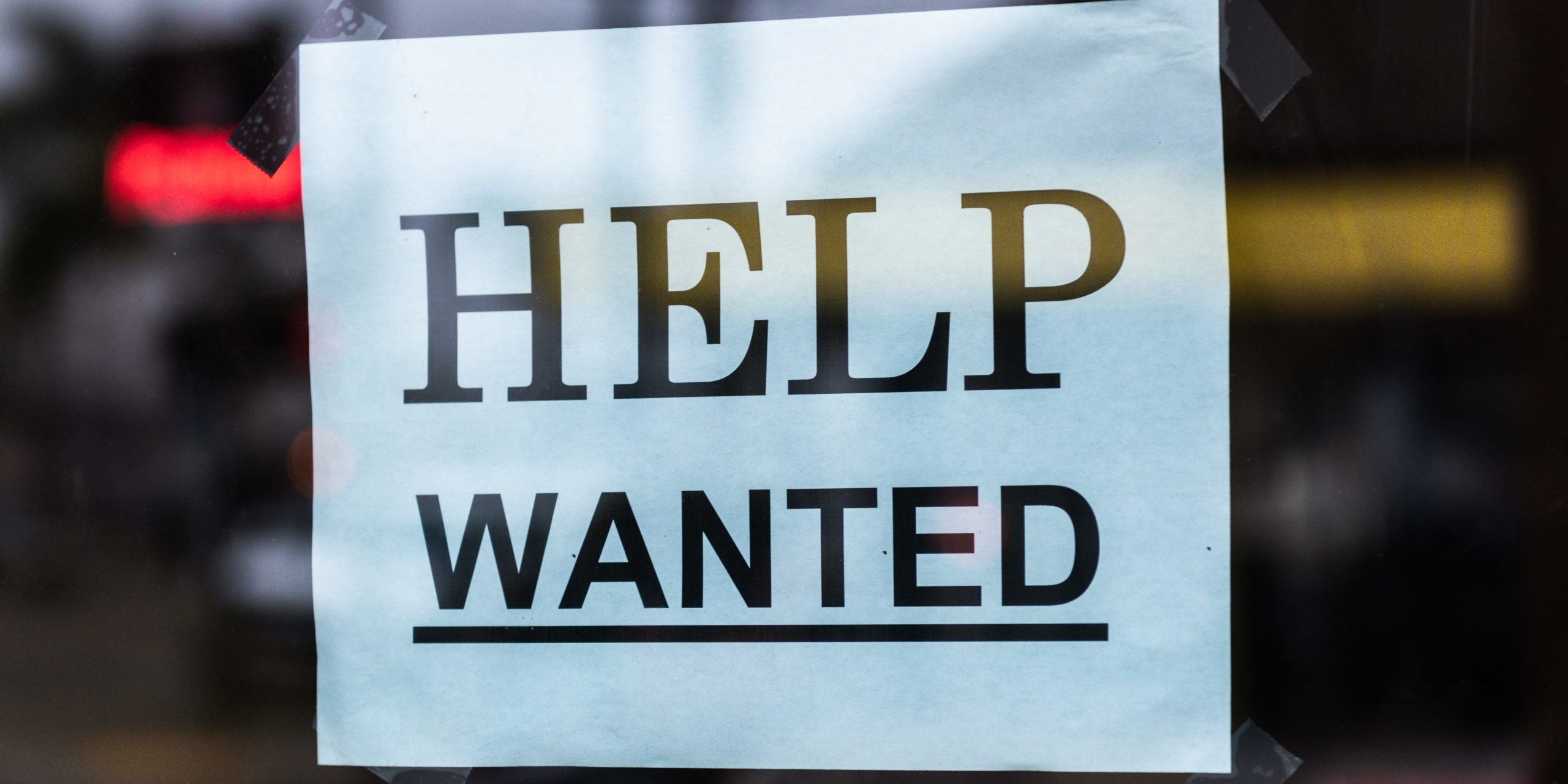By Kaitlin Dunn, Writer, Hospitality Sales & Marketing Association International (HSMAI)
One of the biggest issues facing hotel companies right now is making sure that properties and departments are adequately staffed at every level. The problem is that when revenue professionals and other hotel employees were laid off and furloughed last year, many moved to other industries and haven’t come back, leading to a staffing crisis.
With that in mind, HSMAI hosted a virtual Brand Chief Revenue Officer Executive Roundtable in partnership with ZS on June 15 where participants shared what was on their mind in small- and large-group discussions about talent retention and other trends they are seeing. Participating companies included Accor, Best Western Hotels & Resorts, Choice Hotels International, Hyatt, Kimpton Hotels & Restaurants, Margaritaville Enterprises, MGM Resorts International, Omni Hotels & Resorts, Outrigger Hospitality Group, Preferred Hotel Group, and Radisson Hotels. Here are key takeaways from their discussion:
ON RETAINING AND ATTRACTING TALENT:
- “Our employee value proposition as an industry needs a makeover. Saying that if you work really, really hard and put in all those extra hours, then you’ll get ahead, doesn’t resonate with the younger generation. I think it’s us actually looking in the mirror and saying, ‘Does what we do make sense?’”
- “I think we’re seeing a bit of a talent gap on the franchise side. I don’t see as much on the revenue management side. I think there’s a huge talent gap in terms of hiring. On the hotel side, obviously, they’re in the news with signing bonuses for housekeeping, but I see a lot more people within revenue management that are having issues keeping talent or recruiting talent, given the growth and poaching in other sectors.”
- “We need to paint a prettier picture out there for students that are in hospitality schools right now. It’s really tough to go and ask them to come on board, because they don’t want to work Saturdays and nights and holidays and whatnot. I think we probably need to do a nice PR campaign and show them that there’s a future here for them.”
- “I would like to make a plea to our organizations to bring this issue up to the leadership in the industry. We need to paint a better picture of what hospitality is to people out there that don’t know. I’ve spent all my life in hospitality, and I would not do anything else, but I think we also did a poor job of explaining what hospitality is in the last year. I think we’ve left a lot of people behind.”
- “We all recognize that a lot of our talent has left the industry and moved on to other industries where you can get a better work-life balance. I think it’s a concern overall, and not even necessarily for just the frontline associates at the property, but above-property as well. It’s a huge loss.”
ON CURRENT BUSINESS TRENDS:
- “We are seeing this evolving trend where within a given week, 70 or 80 percent of the business was booking for that week. And now we’re starting to see that number come down and more business being further out. And it’s actually overcoming the cancellations, which is a nice trend, because group still isn’t really materializing in the short term. So really, that percentage of people booking for this weekend versus people booking for the summer or for this fall is definitely changing.”
- “One of the things that we are very concerned about is the labor shortage and then how that is affecting NPS and satisfaction scores when our rates and our ADR are so high right now. The thing that we’re focusing on right now is that relationship between ADR and NPS.”
- “We’re seeing the recovery happen now, but there’s a feeling definitely on those purse strings like, ‘We don’t know what 2022 really will bring, and we’re only in the infant stages of this recovery.’ So, although everyone wants to go out and travel, there is that hesitancy from the CFO and corporate to just wait and see.”
ON REVENUE MANAGEMENT:
- “I think there’s an increased focus on leaning toward revenue management to really give the current lay of the land. They’re commanding a bigger presence and are able to speak more with leadership. I see revenue management as more of a focus point now than pre-COVID, especially with things moving so fast and recoveries being isolated to geography, market, country, and even segmentation in some respects.”
- “We all know that an RMS cannot run itself. Especially with short- and long-term forecasts differing so heavily from historical patterns, you don’t want that RMS just to automate your entire solution without any control from a human, but that has definitely been an impact of what we’re seeing. And I think a lot of that has led to the final point where we’re talking about some really crazy ADR fluctuations on leisure that aren’t matching the intended experiences. People are paying upwards of $800 a night in some places for an experience that’s only worth $300.”
- “Some of the things that we used to do aren’t relevant anymore. In some cases, our portfolio sizes have increased, in other cases, our sizes are the same. But either way, there’s more to be done, whether it’s increased frequency of calls or just higher expectations about how flexible we as revenue managers need to be.”
